The army and police were deployed after protesters barricaded roads and burned tires in the capital Harare on Monday.
In Bulawayo, angry protesters threw stones at policemen as they marched towards the Bulawayo High Court, according to footage shared on social media by the Centre For Innovation and Technology, a local news service.
Many shops and supermarkets remained closed after mass looting at the city center on Monday, the local outlet said.
It posted images of the city center in Bulawayo and shared photos of cars that had been vandalized by angry protesters.
Abigail Hupe, one of the protesters caught in the crowd, told CNN many residents ran to safety as police fired tear gas to disperse those gathered at the city center.
“We have no problem with anyone peacefully protesting against the fuel and commodities price hikes. We are equally worried just like any other citizen,” Zimbabwean Deputy Information Minister Energy Mutodi told CNN.
“But there is nothing which the government can do to stop fuel price increases. We have been the country selling fuel at the lowest price in the region,” he said.
Owen Ncube, Minister of State for National Security, blamed the escalating violence on NGOs, civic society, youth organizations and individuals working with the country’s opposition group MDC Alliance.
Eyewitness accounts suggests shots were fired by police during the ongoing protests. Ncube confirmed there has been casualties, but the numbers are unknown.
“Regrettably, this has resulted in the loss of life and property including injury to police officers and members of the public,” said Ncube in a statement. “We express our deepest condolences to the bereaved families. Full investigations are underway.”
In his statement, Ncube suggested that meetings held on Friday, January 11, by Crisis Coalition, a group made up of more than 80 civil society organizations in the country, were “to plan for the disturbance of peace and (to) render the country ungovernable.”
On Saturday night, President Emmerson Mnangagwa announced a 150% fuel price hike, saying it was meant to ease access to fuel that has been in short supply for months.
The hike meant that petrol prices rose from $1.24 a liter to $3.31, and diesel went up from $1.36 a liter to $3.11.
Mnangagwa blamed the fuel shortage on growing usage in a growing economy, and said in a press conference that it was compounded by “rampant illegal currency and fuel trading activities,” which he deemed “unsustainable.”
According to the President, a rebate will be given to all registered businesses in the “manufacturing, mining, commerce, agriculture and transport” sectors, though exact details will be “decided at a later date.”
But after the announcement, citizens took to social media accusing Mnangagwa’s administration of further plunging Zimbabwe’s economy after years of cash shortages inherited from former President Robert Mugabe’s rule.
Zimbabwe abandoned its own currency, the Zimbabwean dollar, in 2009 after hyperinflation rendered it worthless. The country has since adopted the US dollar, the South African rand and other currencies.
Mnangagwa is currently on a foreign tour, visiting Russia, Kazakhstan, Belarus and Azerbaijan in a bid to attract foreign investment to the country. He returns home after attending the World Economic Forum in Davos, Switzerland.


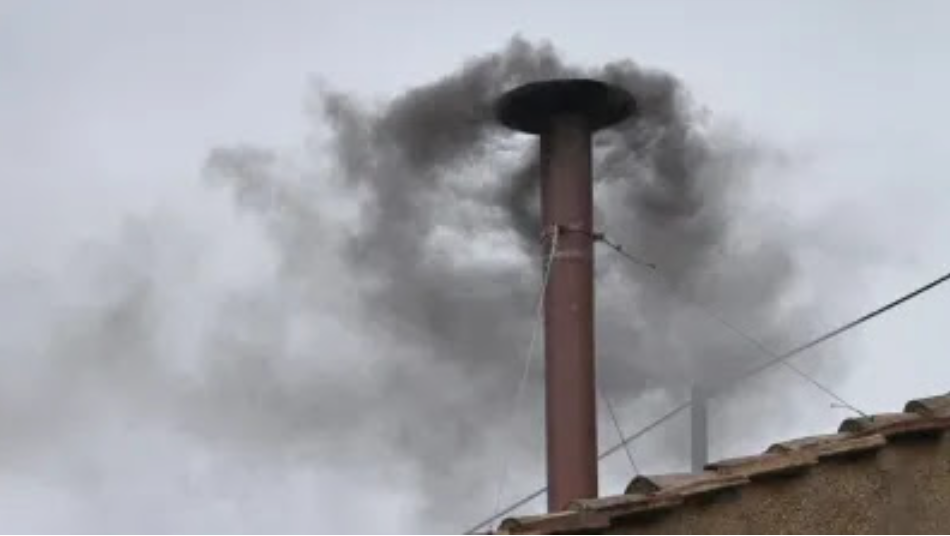
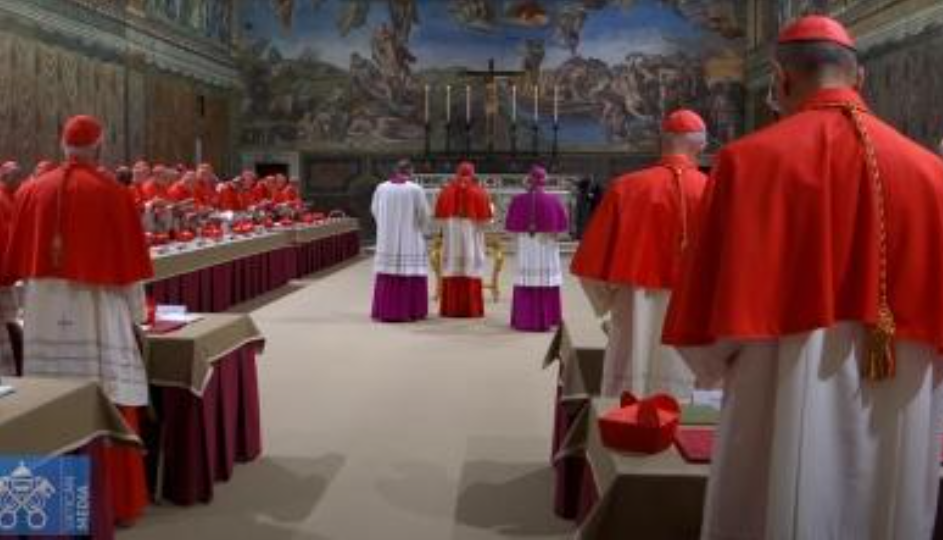
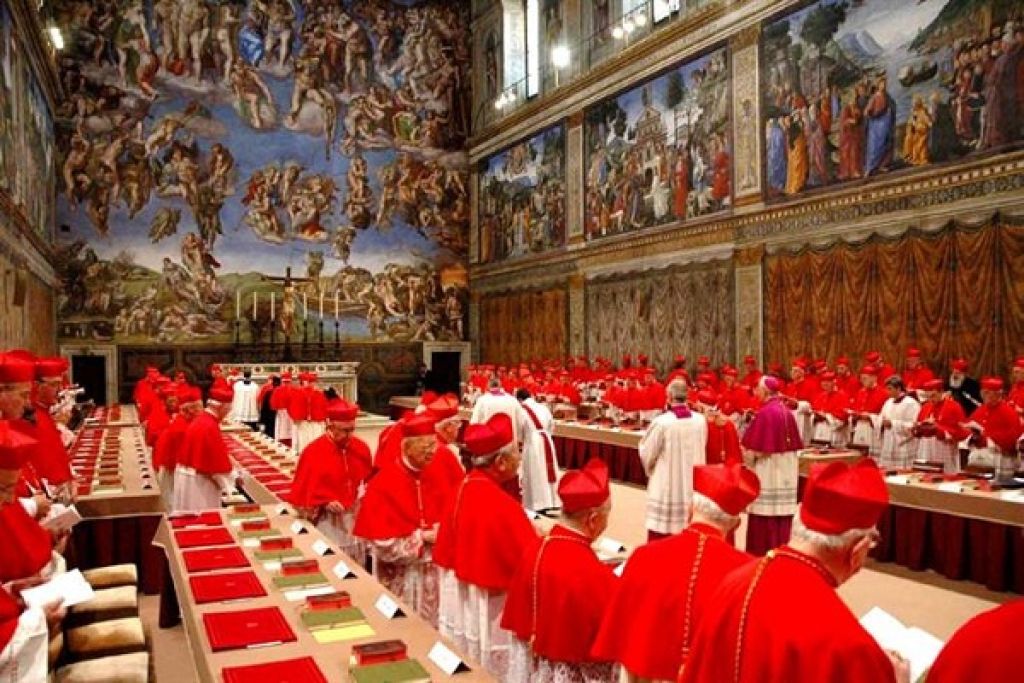
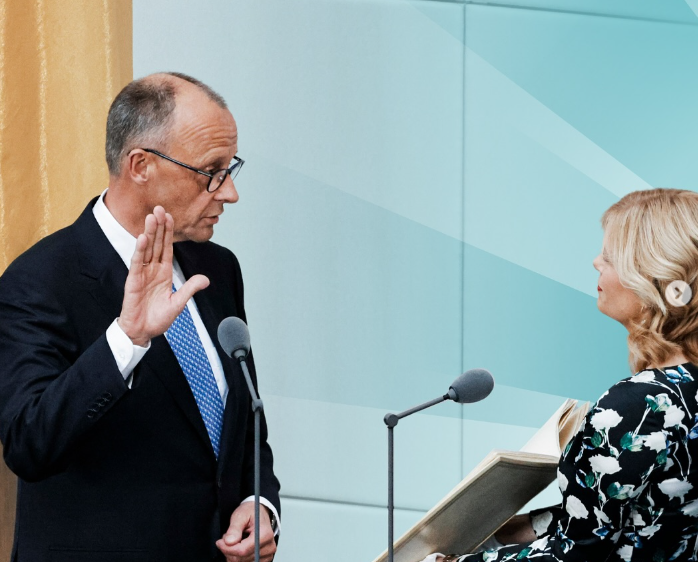
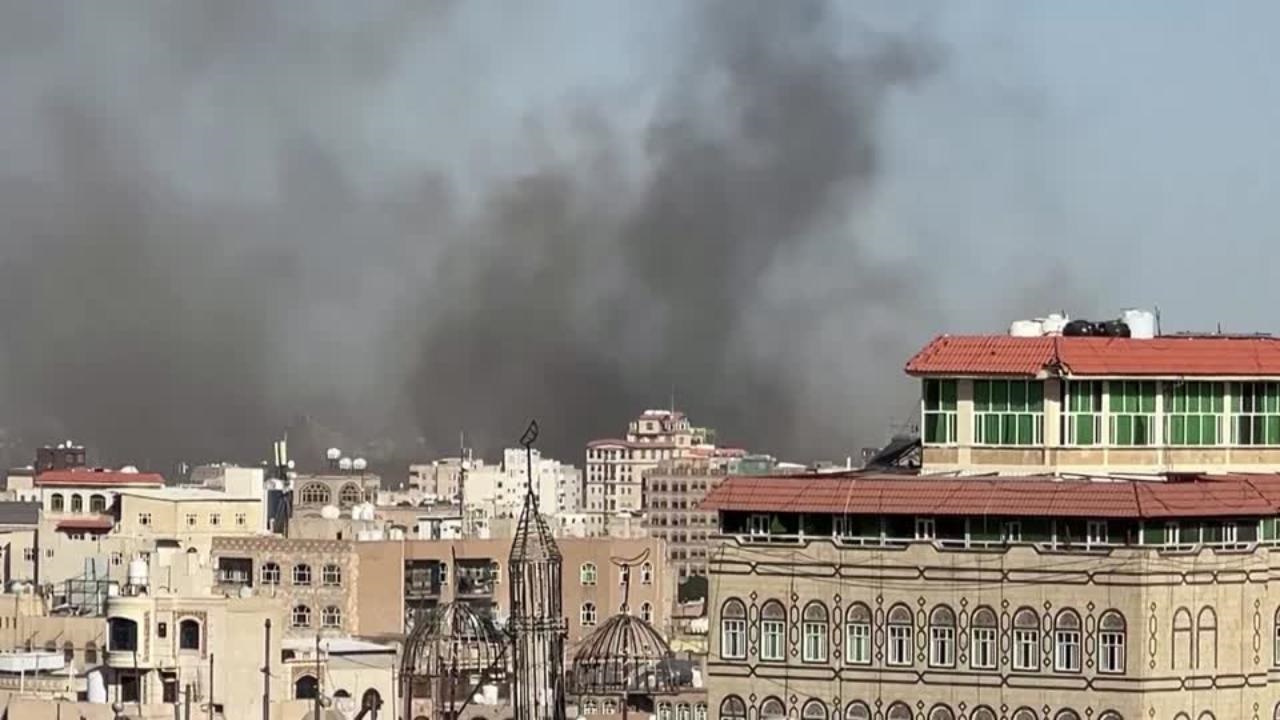
Leave a Reply